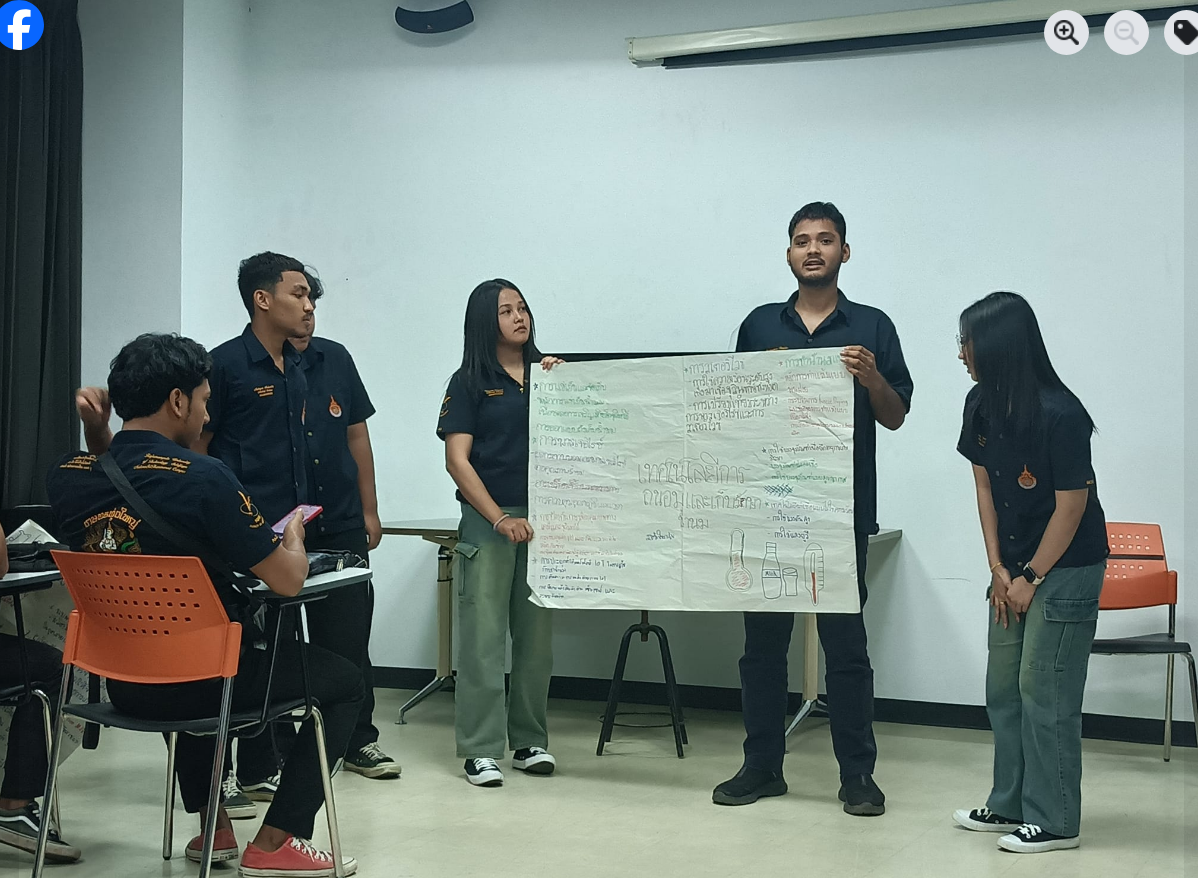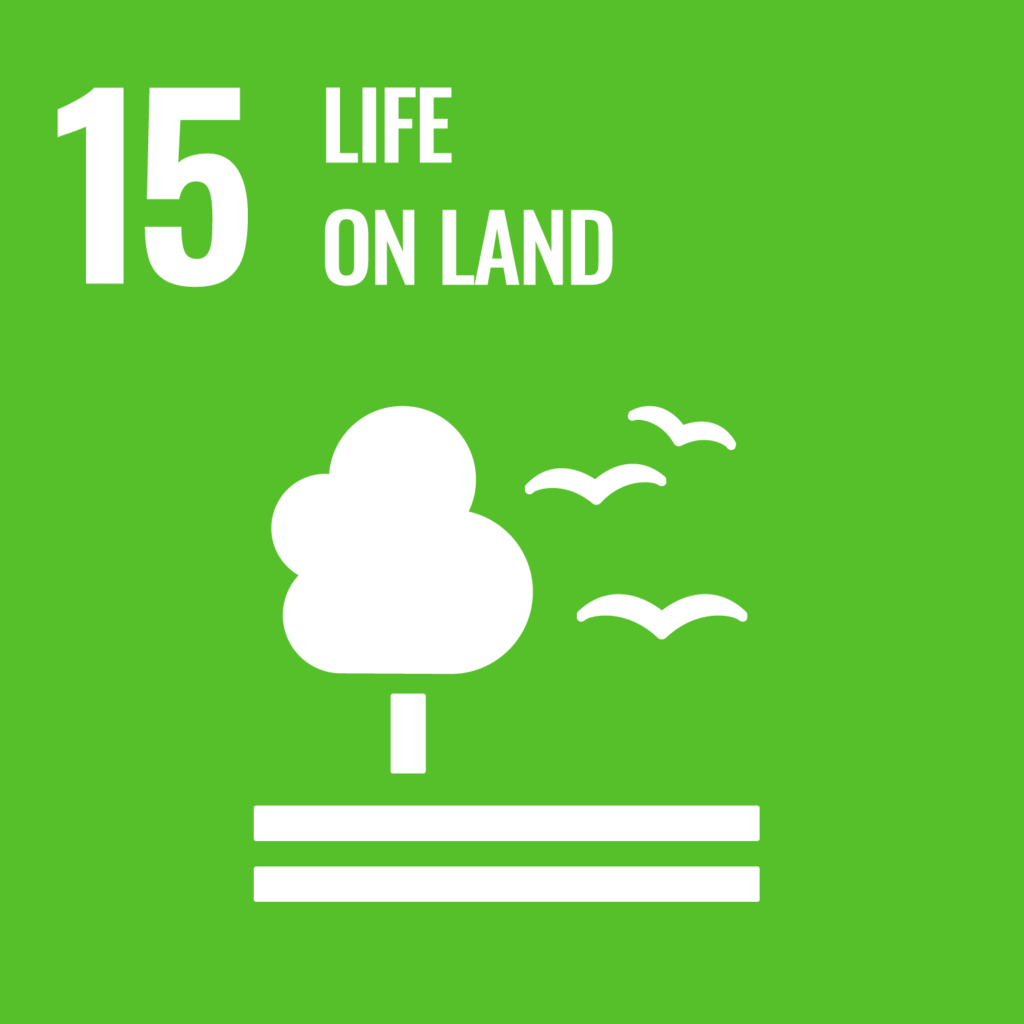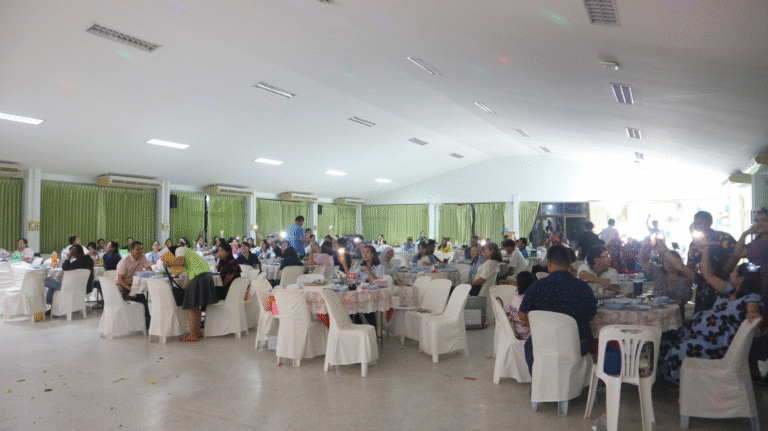Teaching and Learning
Title:
Reporters: Asst.Prof.Dr. Prapot Maliwan
Assoc.Prof.Dr. Pornsil Seephueak
Asst.Prof.Dr. Nion Chirapongsathonkul
Asst.Prof.Dr. Worawitoo Meesook
Evidence Date: during 2024 Jan-Dec
Related Indicators: 15.2.2, 15.2.3
Details:
On December 24, 2024, Dr.Nuannoppamon Sriuthai, Lecture conducted a class for 30 students in the Animal Science program at Rajamangala University of Technology Srivijaya. The course, Milk and Dairy Products, was designed to inspire critical thinking and active learning through discussions and debates on “Milk Quality” and “Recent Trends in Milk Quality.” The classroom atmosphere was lively, filled with enthusiasm, creativity, and the exchange of ideas. Students were encouraged to express their opinions, analyze real-world situations, and propose innovative solutions. This approach helped them connect theoretical knowledge with practical applications in dairy farming. Through these learning activities, students developed essential skills in communication, analysis, and collaboration. The instructor’s method reflected RUTS’s emphasis on interactive and student-centered teaching. The session also encouraged awareness of sustainable livestock management and resource efficiency. This aligns with SDG 15.2.2, promoting responsible and sustainable agricultural practices through effective teaching and learning.
The teaching strategy integrated modern farming concepts with sustainability awareness. Students learned how quality milk production depends on animal welfare, feed quality, hygiene, and environmentally responsible practices. They explored the impacts of dairy production on soil, water, and biodiversity, emphasizing the importance of sustainable management in agriculture. Discussions highlighted how improved farm management and eco-friendly technologies can enhance both productivity and sustainability. The course content directly supported the development of environmentally conscious livestock professionals. Students were trained to understand and implement farming methods that reduce waste and promote circular use of agricultural resources. The instructor encouraged them to apply innovative solutions to current industry problems. This teaching approach helped bridge scientific knowledge with ethical farming practices. As a result, students gained not only technical expertise but also a strong sense of environmental responsibility, consistent with SDG 15.2.2 objectives.
In addition to classroom activities, the course included hands-on learning and experiential training. Selected students were chosen to represent the university in the 2024 RMUT Academic Skills Competition in dairy cow milking. This experience allowed them to apply classroom knowledge to real-world contexts and improve their practical competencies. Students exchanged techniques and shared insights on efficient and humane milking practices. Such experiential learning reinforced teamwork, discipline, and problem-solving abilities. It also strengthened their understanding of sustainable dairy production and animal care. Through these opportunities, students became more capable of managing farms responsibly and improving product quality. The integration of theory and practice reflects RUTS’s commitment to sustainability-oriented education. This teaching and learning model contributes to SDG 15.2.2 by promoting sustainable farming practices and responsible management of agricultural resources. Ultimately, the program equips students to become future leaders in sustainable livestock farming.
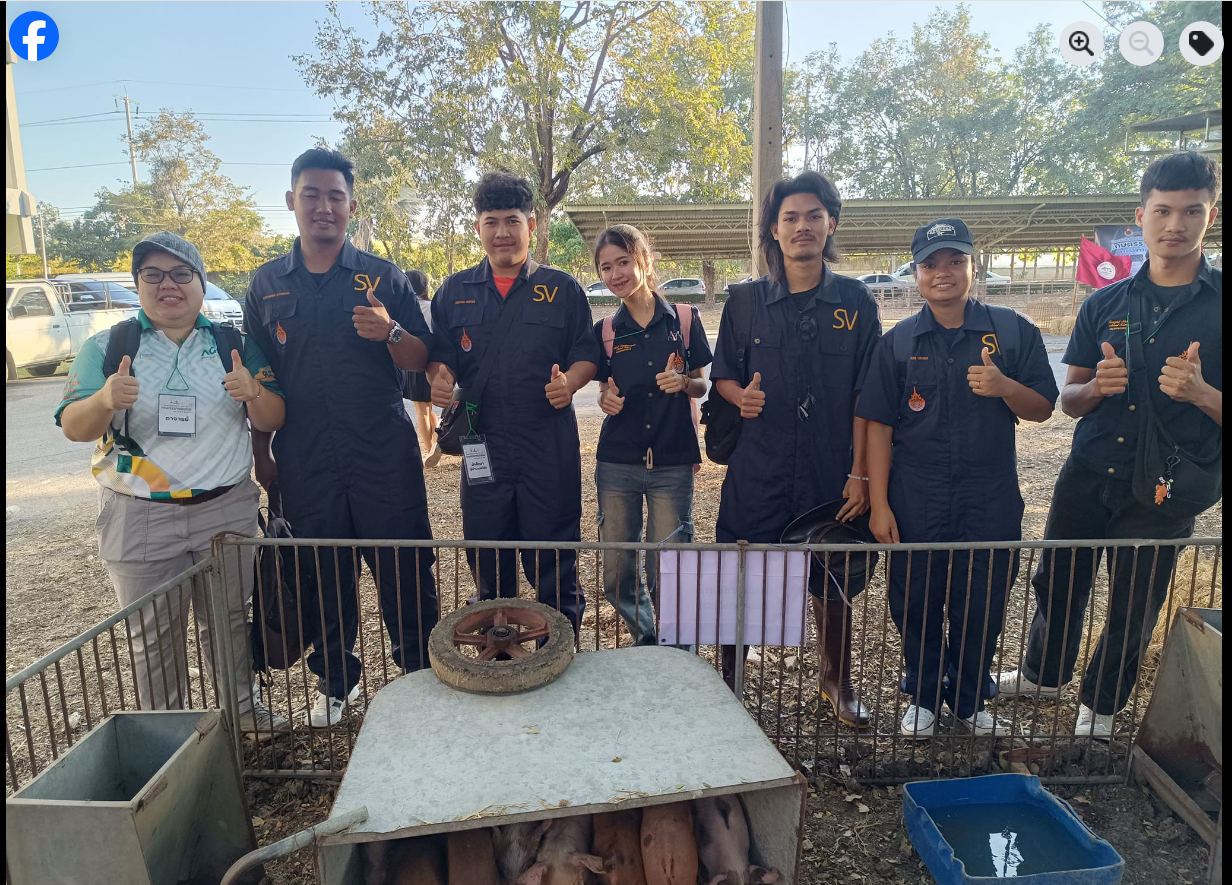
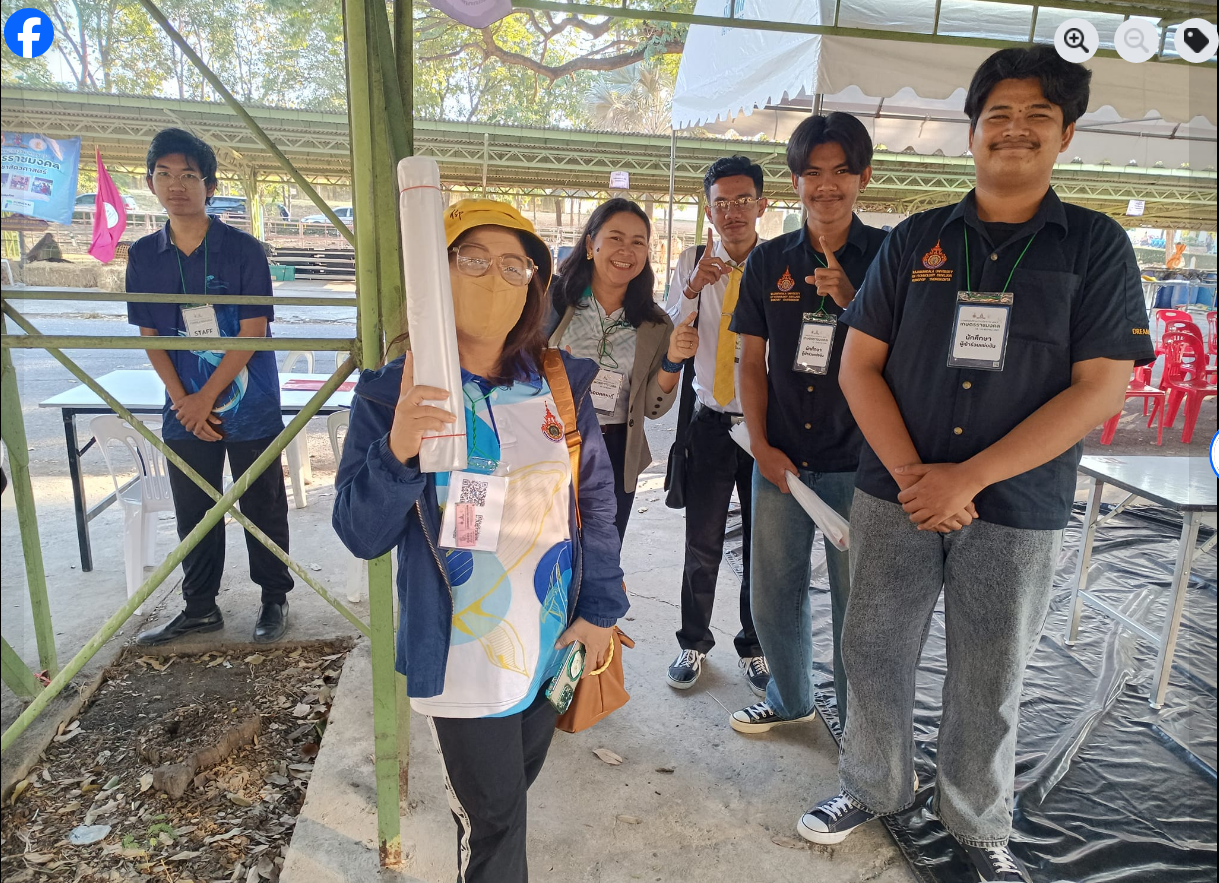
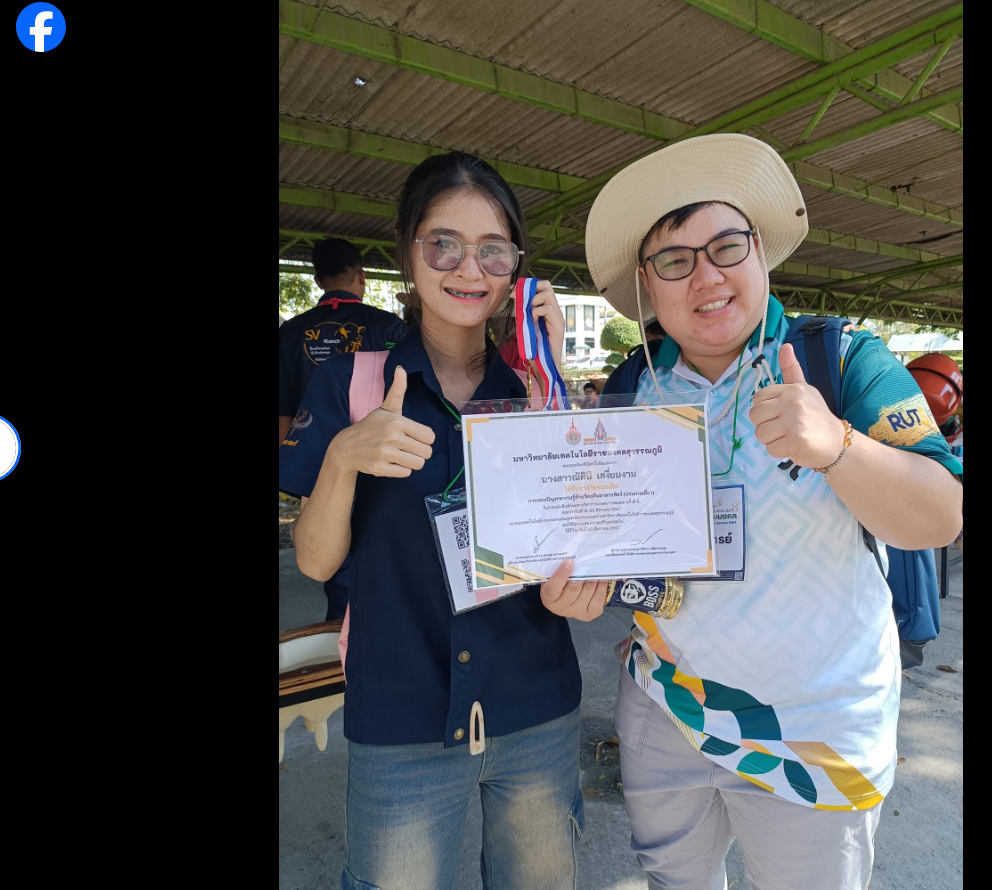
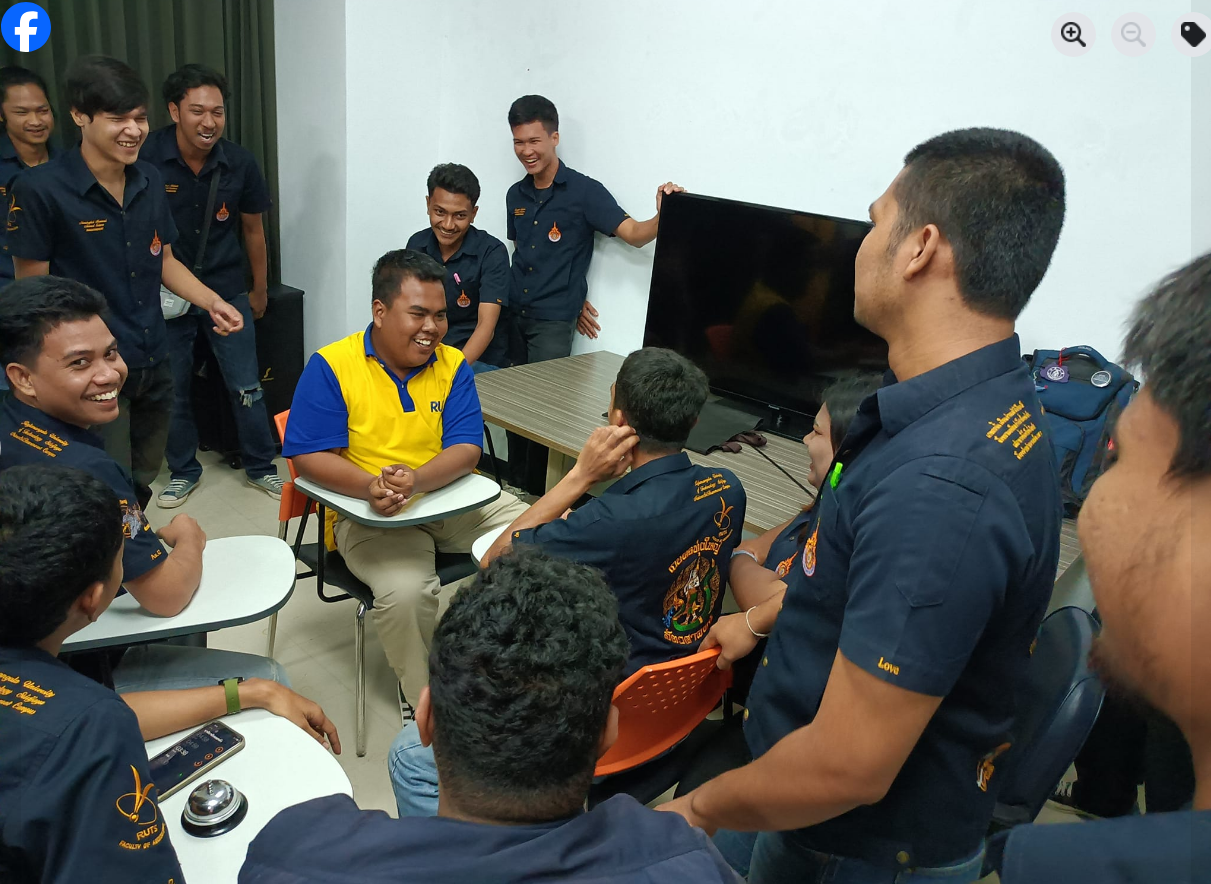
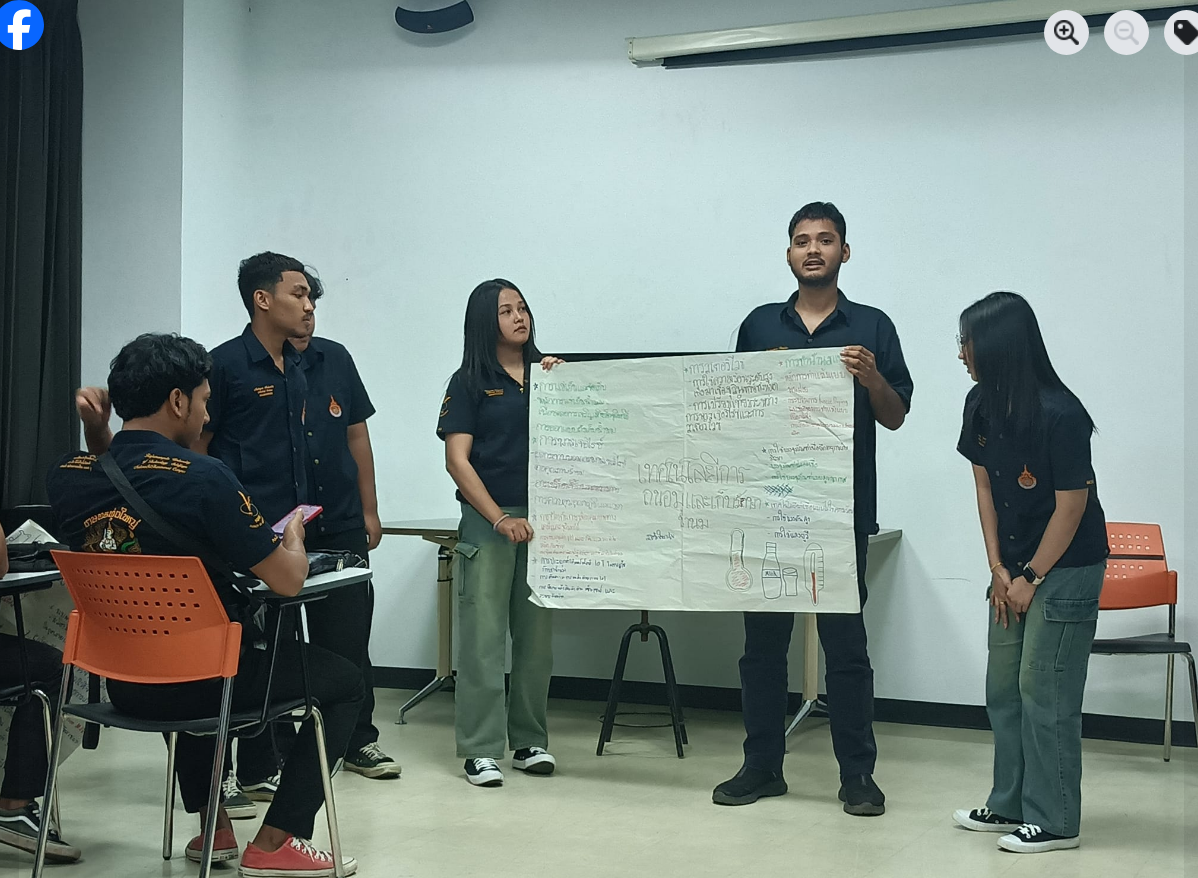
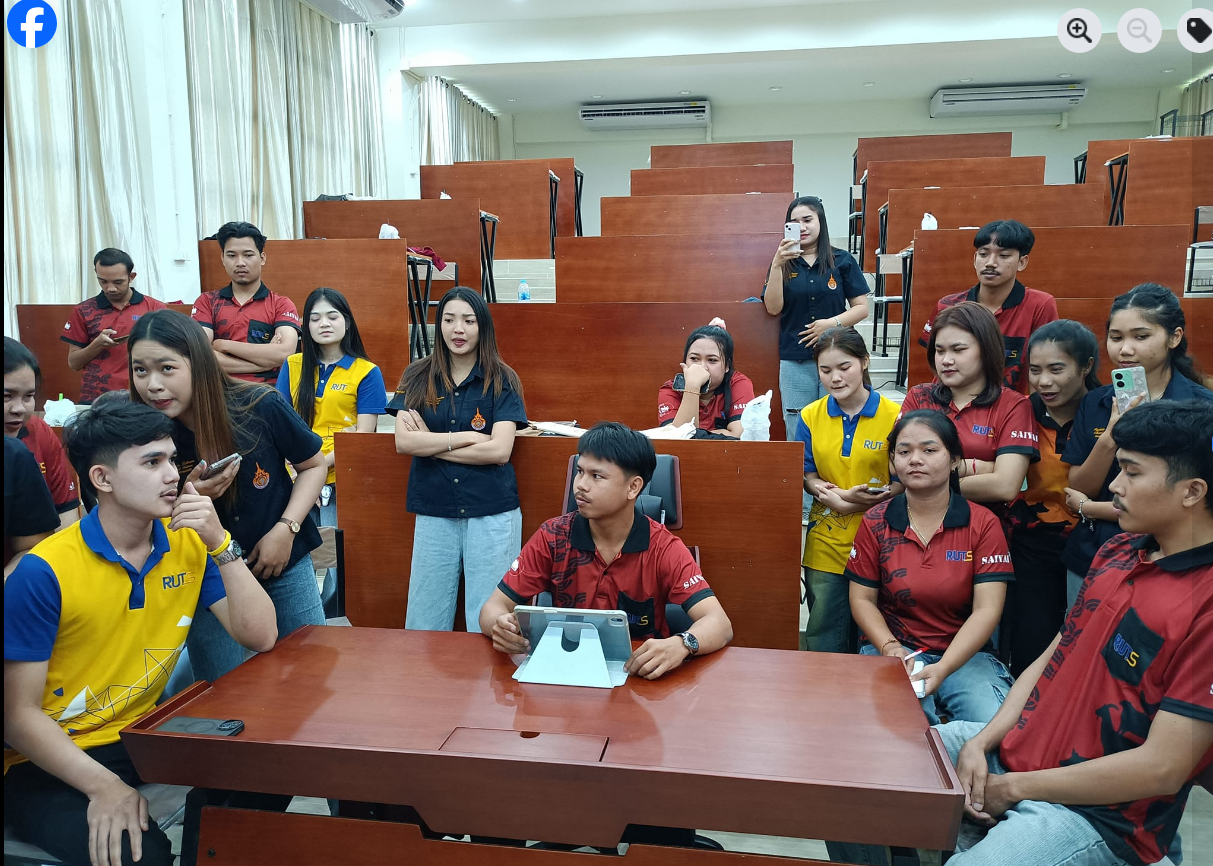
Links:

